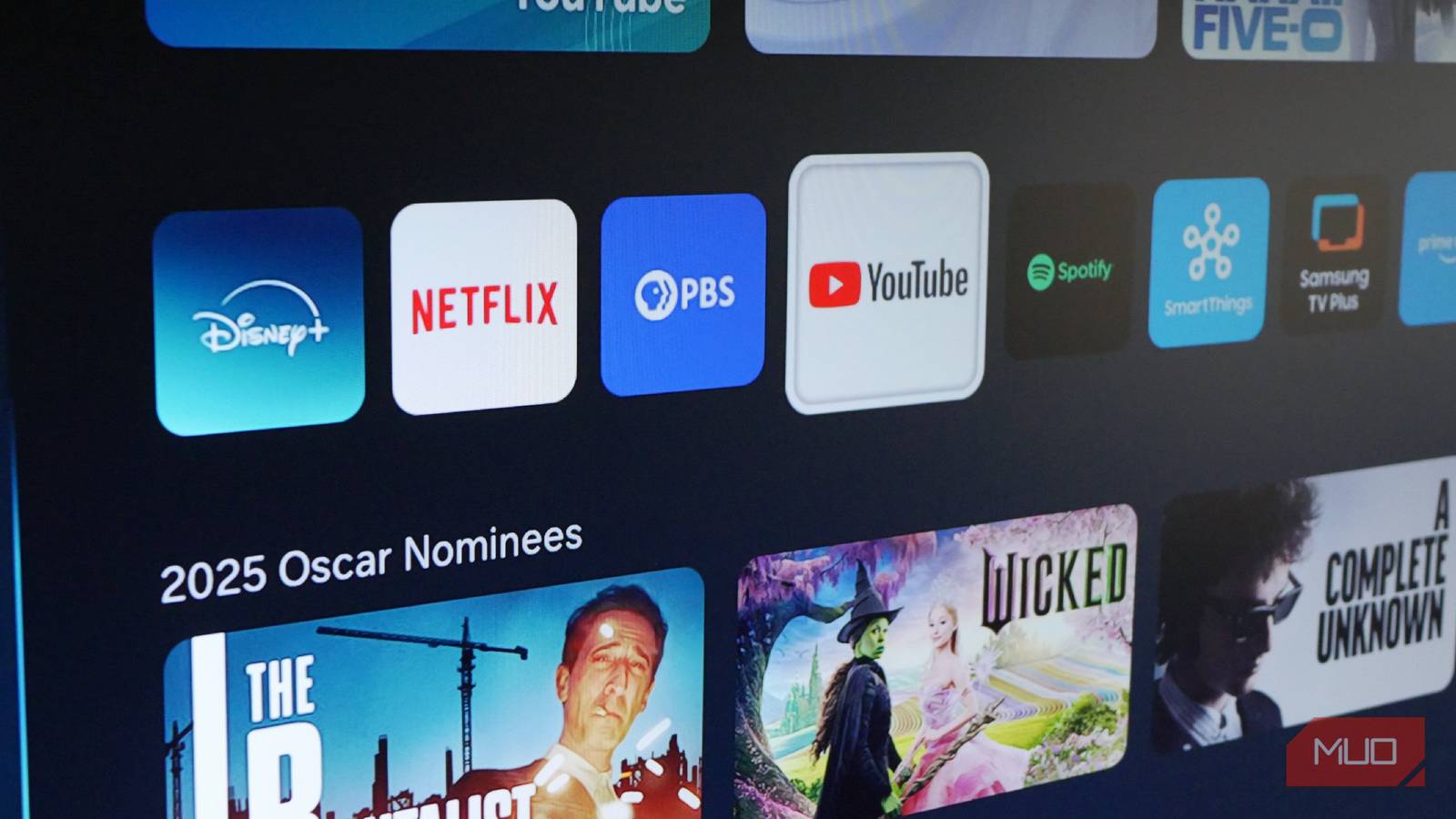The first federal statute covering cryptocurrencies, a bill setting up a regulatory framework for “stablecoins” tied to tangible assets, now has President Trump’s signature.
The House passed the Genius Act—short for “Guiding and Establishing National Innovation for US Stablecoins”—on Thursday in a bipartisan 308-122 vote, a month after the Senate approved the bill by a 68-30 margin. Trump signed it at the White House on Friday afternoon.
The measure restricts the issuance of stablecoins to a set of authorized firms: subsidiaries of existing banks, non-bank firms permitted by federal or state regulators (the latter option is limited to firms issuing under $10 billion in stablecoins), or foreign firms that the Treasury Department determines are subject to comparable regulations in their home countries.
All of these firms must hold reserves—US currency, short-term US government debt, or funds or investments secured by those asset classes—backing their issued stablecoins on “an at least 1 to 1 basis.” And they must disclose their redemption policies, publish their reserve balances each month, and undergo monthly audits.
The law also prohibits stablecoin issuers from paying any interest on stablecoin balances and provides for no federal backstop for customers: “Payment stablecoins shall not be backed by the full faith and credit of the United States, guaranteed by the United States Government, subject to deposit insurance by the Federal Deposit Insurance Corporation, or subject to share insurance by the National Credit Union Administration.”
The idea with stablecoins is to avoid the roller-coaster ride of older cryptocurrencies like Bitcoin by pegging their value to either a traditional government-issued currency or some other real-world asset.
A Jan. 13 post on the Federal Reserve Bank of Atlanta’s Payments Forum blog cited a third-party estimate of more than $200 billion in stablecoins in circulation, with over 98% of them backed by US dollars. The Forum’s Chris Colson listed a few reasons for businesses to appreciate them: “They reduce transaction fees, settle almost immediately, and attract crypto-savvy customers, helping businesses stay competitive in a digital-first world.”
Stablecoins, like other digital currencies, can also allow for quicker and cheaper cross-border transactions. However, stablecoin issuers that get cocky with those principles can suffer their own meltdowns: In 2022, the now-bankrupt firm Terra saw its TerraUSD stablecoin collapse in one of that year’s biggest tech failures.

Get Our Best Stories!
Your Daily Dose of Our Top Tech News

By clicking Sign Me Up, you confirm you are 16+ and agree to our Terms of Use and Privacy Policy.
Thanks for signing up!
Your subscription has been confirmed. Keep an eye on your inbox!
The short version of Terra’s meltdown, as broken down in a July 2022 post by Federal Reserve Bank of Richmond senior economist Russell Wong: Terra’s not-so-stablecoin was “backed by an algorithm rather than assets.”
Advocates of the Genius Act argued that it will bring some needed clarity to that part of the cryptocurrency market and strengthen the dollar’s dominance around the world. In an April 30 post, the Digital Chamber, a pro-crypto Washington nonprofit, acknowledged the “widespread wealth destruction” from past stablecoin busts, endorsed federal regulation “establishing robust protections for users,” and said it would also “solidify the integrity and role of the US dollar in the digital era.”
Opponents said the Genius Act doesn’t provide enough protection. In a June 18 press release, Consumer Reports criticized the bill for lacking “the kind of consumer protections found in traditional banking” and for opening the way to “large technology companies and large commercial entities such as retailers” to issue their own stablecoins while subject to less oversight than banks.
Recommended by Our Editors
The potential for Trump to profit from the bill he just signed has also drawn criticism. The digital-currency firm World Liberty Financial lists the president and his three sons among its co-founders; it began issuing a dollar-backed stablecoin in May.
That company has since formally removed Trump and now credits him as a “co-founder emeritus,” and under the Genius Act it appears that the president’s 34 felony convictions from the 2024 hush-money trial would bar him from a future leadership role there.
The measure, like earlier laws and regulations governing the financial industry, includes a provision banning stablecoin issuers from hiring anybody as an officer or director who has been “convicted of a felony offense involving insider trading, embezzlement, cybercrime, money laundering, financing of terrorism, or financial fraud.”


8 ways Mark Zuckerberg changed Meta ahead of Trump’s inauguration
(Disclosure: I took advantage of Coinbase’s February 2022 Super Bowl promotion to claim $15 in free Bitcoin, which as of Friday morning was worth $42.35.)
About Rob Pegoraro
Contributor









